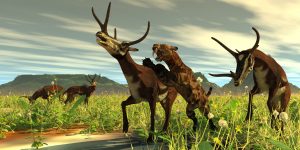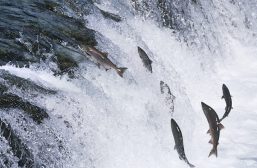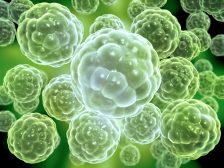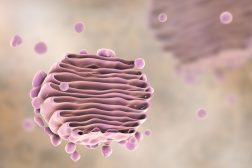Definition
noun, plural: lipidoses
A type of lysosomal storage disease that is often caused by a deficiency of enzymes essential in lipid metabolism, thus resulting in the accumulation of lipids in cells and tissues, which in turn, leads to the various symptoms associated with the disease
Supplement”
Lipidosis is one of the many forms of lysosomal storage disease. Lysosomal storage disease is a collective term for the various metabolic disorders due to defects in lysosomal function resulting in an abnormal accumulation of toxic materials in the cell. In lipidosis, fats and lipids are in excess and thereby accumulate within cells. Over time, the buildup of fats and lipids leads to permanent damage in cells and tissues (e.g. brain, liver, spleen, bone marrow, etc.).
Lipidosis is caused by the deficiency of certain enzymes involved in lipid metabolism. The deficiency is associated with pathological mutations in certain genes. Lipidoses includes sphingolipidoses, neuronal ceroid lipofuscinoses, and Wolman disease. An example of sphingolipidosis is Niemann-Pick disease. Niemann-Pick disease is caused by a deficiency in sphingomyelinase resulting in the accumulation of sphingomyelin in brain and erythrocytes. It has four types: type A, type B, type C, and type D. Types A and B are associated with pathological mutation in SMPD1 gene whereas mutations in NPC1 OR NPC2 genes are associated with types C and D. These mutations lead to a deficiency in sphingomyelinase. Because of this, sphingomyelin accumulates in brain and erythrocytes, and eventually cause CNS damage, thrombocytopenia, spasticity, ataxia, and organ enlargement (particularly hepatosplenomegaly).
Synonym(s):
- lipid storage disorder
See also:







